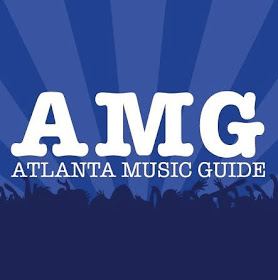By Al Kaufman
Arcade Fire is the most popular band on the planet right now. They didn’t get there by being subtle. Their wildly popular Neon Bible was their grandiose statement concerning the political climate circa 2006 (hint: they didn’t like it). Funeral, well let’s just say it was rather sad. Yet both were huge sellers. Why? Well, dammit, these Montreal boys and girls can write a melody.
With The Suburbs, Arcade Fire continue their theme approach. Lead singer Win Butler laments of building buildings only to burn them down again. The band talks of haircuts, malls, and other issues that are of utmost importance to suburbanites. But they do it with less pedantics. They explore maturity through generations, and talk of driving, something suburbanites know all too well. And they do get dour. Many songs speak of misspent youths; of looking back to the past instead of focusing on the future. But they do so with their trademark sound of crisp, slightly orchestrated melodies. The opening title cut begins with a jaunty piano as Butler’s character begins to understand that he is never going to get out and become more than he already is. It all sounds as happy as it is depressing; as fresh as it does familiar. And it should sound familiar. Arcade Fire sound like so many bands that have gone before them that it is hard to keep track.
Many of their more shimmery, seductive melodies, buoyed by Butler’s occasional forays into falsetto, recall a slightly sunnier Echo and the Bunnymen. Others move onto the 90’s version of Echo, James. Most notably, songs such as “Suburban War,” which grows and flourishes until a full chorus explodes. “Deep Blue” harks further back, to latter day Beatles, while “We Used to Wait” and “Sprawl II (Mountains Beyond Mountains)” could easily belong to fellow indie rock darlings, Rilo Kiley. Hell, the fuzzy guitar on “City with No Children” almost matches, note for note, Keith Richards’ riffs on the Stones’ “Midnight Rambler.”
But it works. Maybe it is just the sheer number of influences (Bruce Springsteen, Neil Young, and the synth driven New Order are all in there as well) that force the band to turn it into their own sound. It is that vast expanse of influences that keep Arcade Fire so damn listenable. They have their epics, they have their quiet ballads, and they have their crystalline pop. They do them all quite well. Together, well, it’s just a scrumptious feast.
